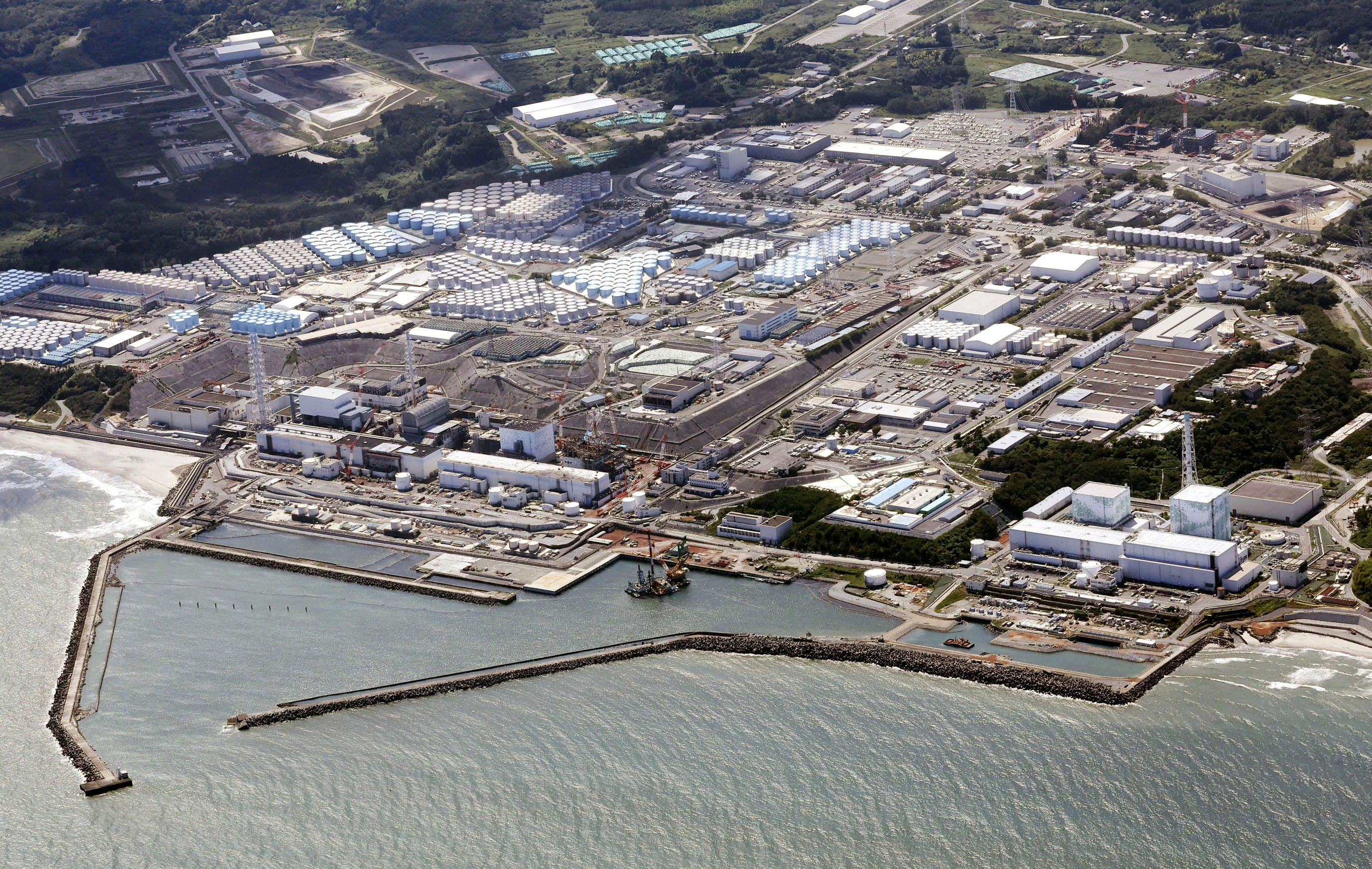Safety panel urges Fukushima nuclear plant operator to better communicate with the public after leak
A panel of safety experts is urging the operator of the tsunami-wrecked Fukushima Daiichi nuclear power plant in Japan to communicate more quickly with the public over incidents such as last week’s leak of contaminated water

Your support helps us to tell the story
From reproductive rights to climate change to Big Tech, The Independent is on the ground when the story is developing. Whether it's investigating the financials of Elon Musk's pro-Trump PAC or producing our latest documentary, 'The A Word', which shines a light on the American women fighting for reproductive rights, we know how important it is to parse out the facts from the messaging.
At such a critical moment in US history, we need reporters on the ground. Your donation allows us to keep sending journalists to speak to both sides of the story.
The Independent is trusted by Americans across the entire political spectrum. And unlike many other quality news outlets, we choose not to lock Americans out of our reporting and analysis with paywalls. We believe quality journalism should be available to everyone, paid for by those who can afford it.
Your support makes all the difference.A panel of safety experts on Tuesday urged the operator of the tsunami-wrecked Fukushima Daiichi nuclear power plant in Japan to communicate more quickly with the public over incidents such as last week's leak of contaminated water.
Thirteen years after the Fukushima disaster in which the plant suffered triple meltdowns following the 2011 earthquake, safety culture at the Tokyo Electric Power Company Holdings company has improved but there is still work to do, said Dale Klein, a former U.S. Nuclear Regulatory Commission chairperson who now serves as an advisor to TEPCO's reform committee.
The panel's news briefing on its periodic assessment came a week after highly radioactive water leaked from a treatment machine during maintenance work at the Fukushima Daiichi plant. TEPCO said no one was injured, and radiation monitoring shows no leakage escaped the compound.
But the leak triggered criticism in and outside Japan. Any leak of radioactive water is a sensitive topic.
In another accidental leak in October, four workers were sprayed with radioactive liquid waste while cleaning a treatment facility. Two were briefly hospitalized for skin contamination, though none showed symptoms of poisoning.
Klein said both incidents could have been prevented, and TEPCO needs to quickly analyze what happened in such mishaps and “very quickly communicate to the public what happened and why."
For risk control, many companies, including TEPCO, often try to know everything before they say anything publicly, Klein said. But in the age of social media, speculation spreads quickly, he said.
The filtering machine involved in last week's incident is part of TEPCO’s controversial wastewater discharge project, which began in August.
The discharges, expected to continue for decades, have been strongly opposed by fishing groups and neighboring countries including China, which banned imports of all Japanese seafood.
The safety experts acknowledged improved safety culture at TEPCO. It noted the Nuclear Regulation Authority's lifting of a suspension on the utility to resume preparations to restart another nuclear power plant, Kashiwazaki-Kariwa, after addressing lax safeguarding measures.
The next big hurdle is consent from the local community.
“TEPCO must build trust every day, all the time,” Klein said. “(Trust) is hard to gain but easy to lose."